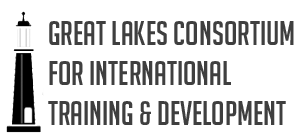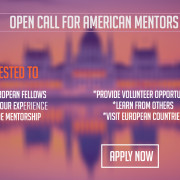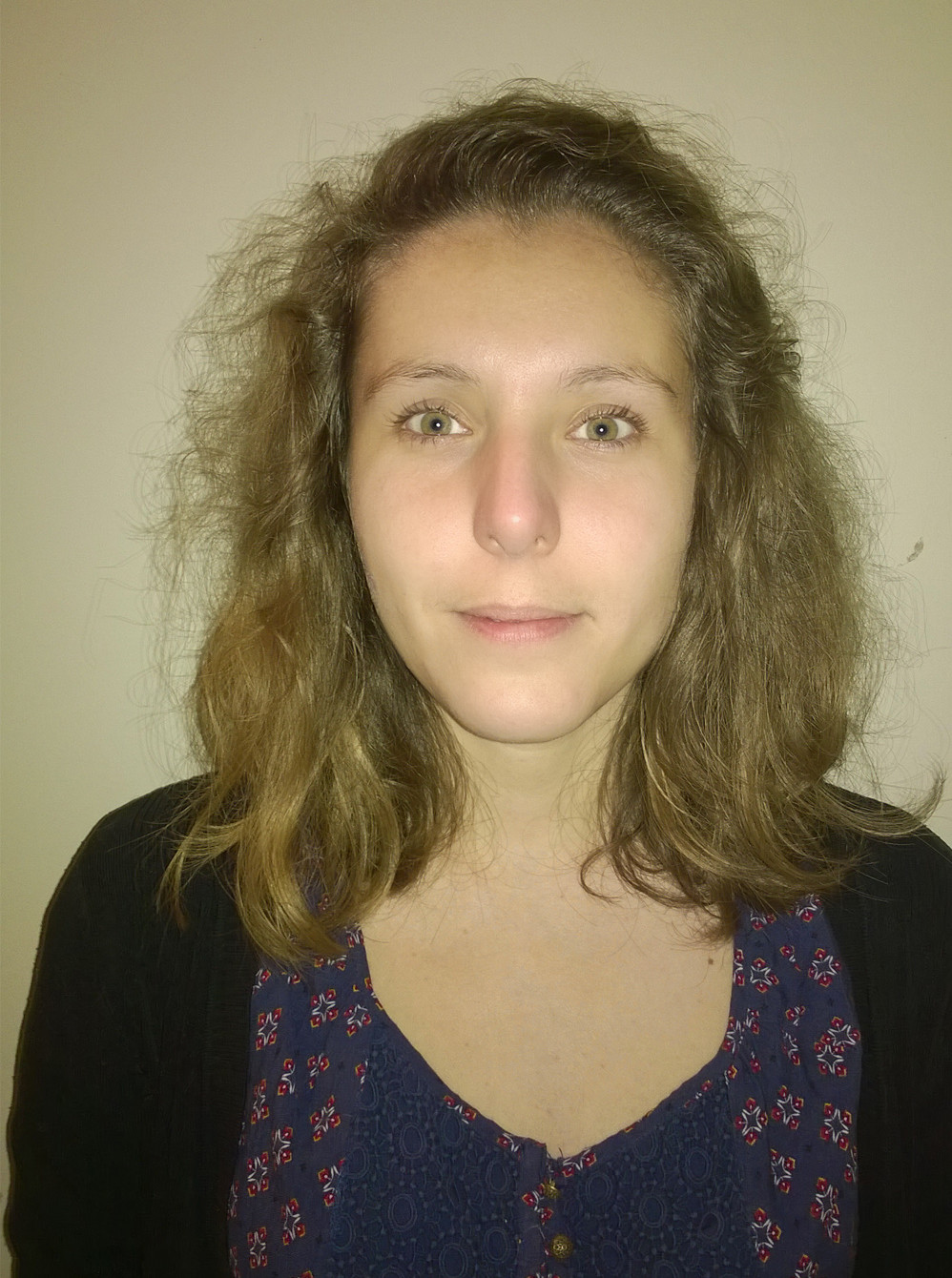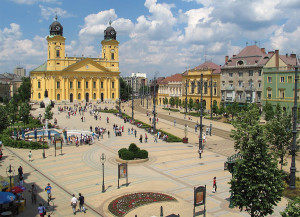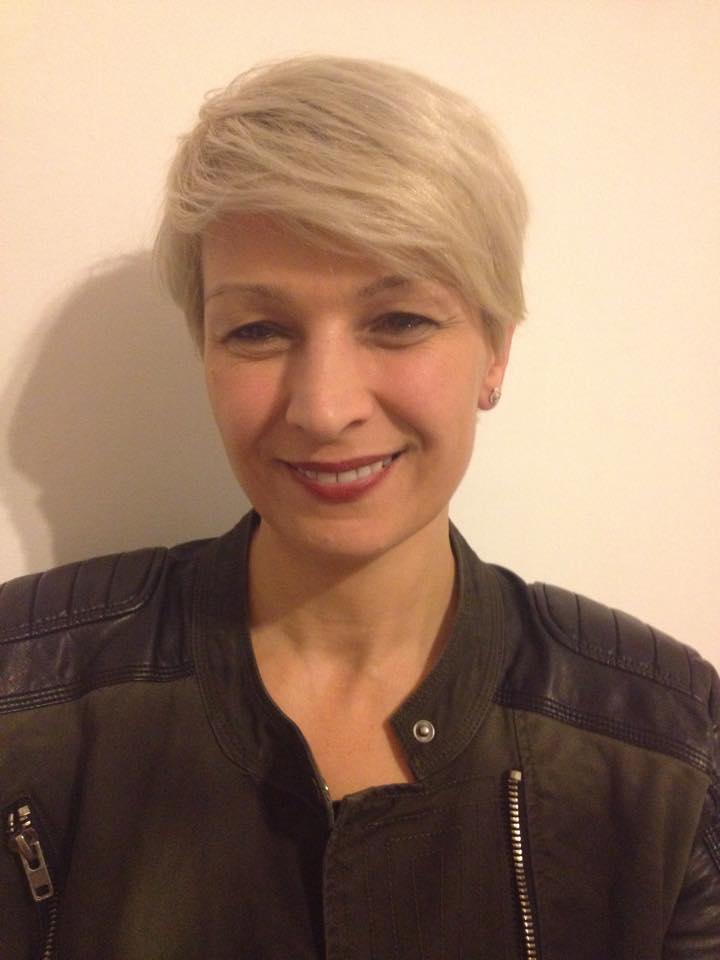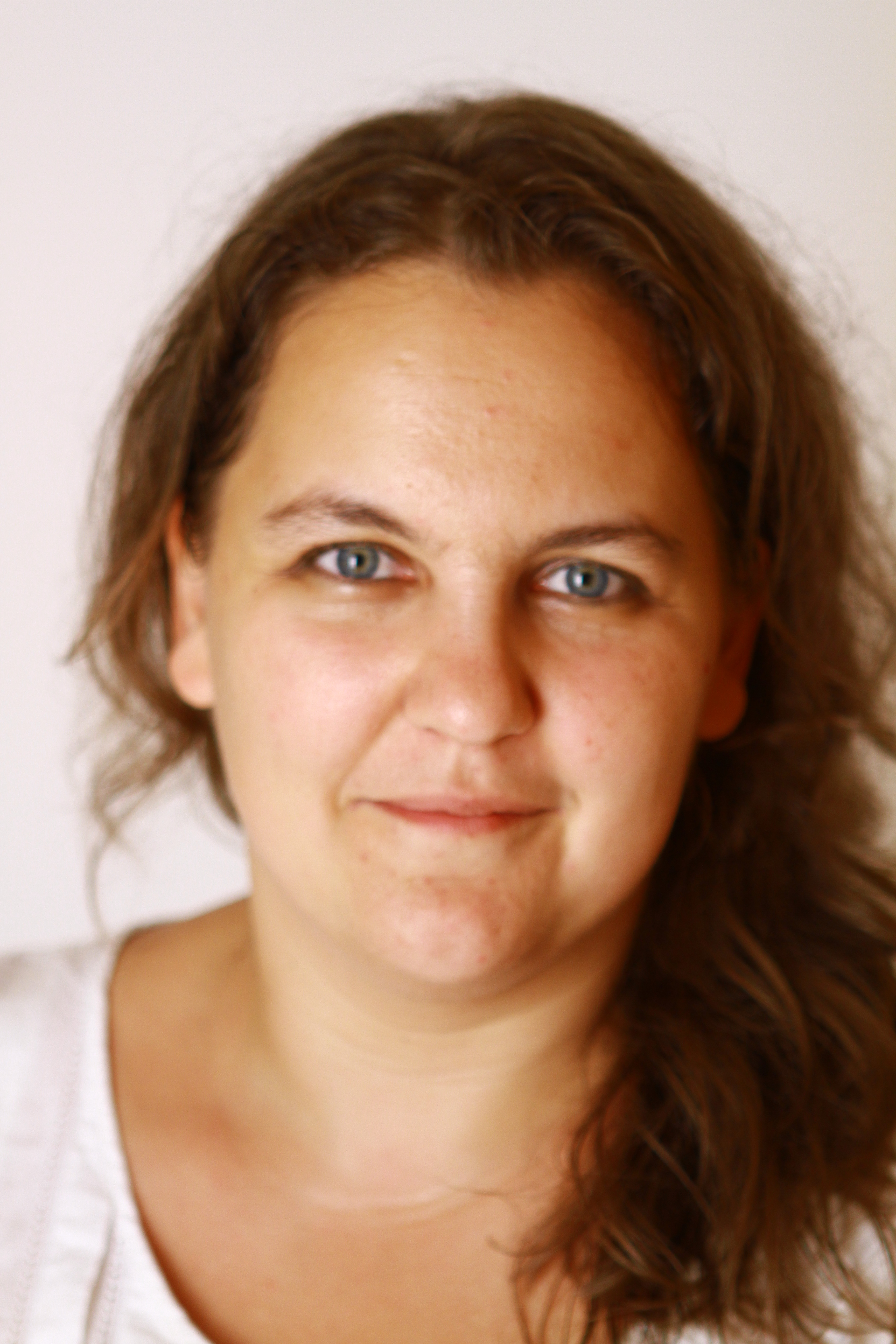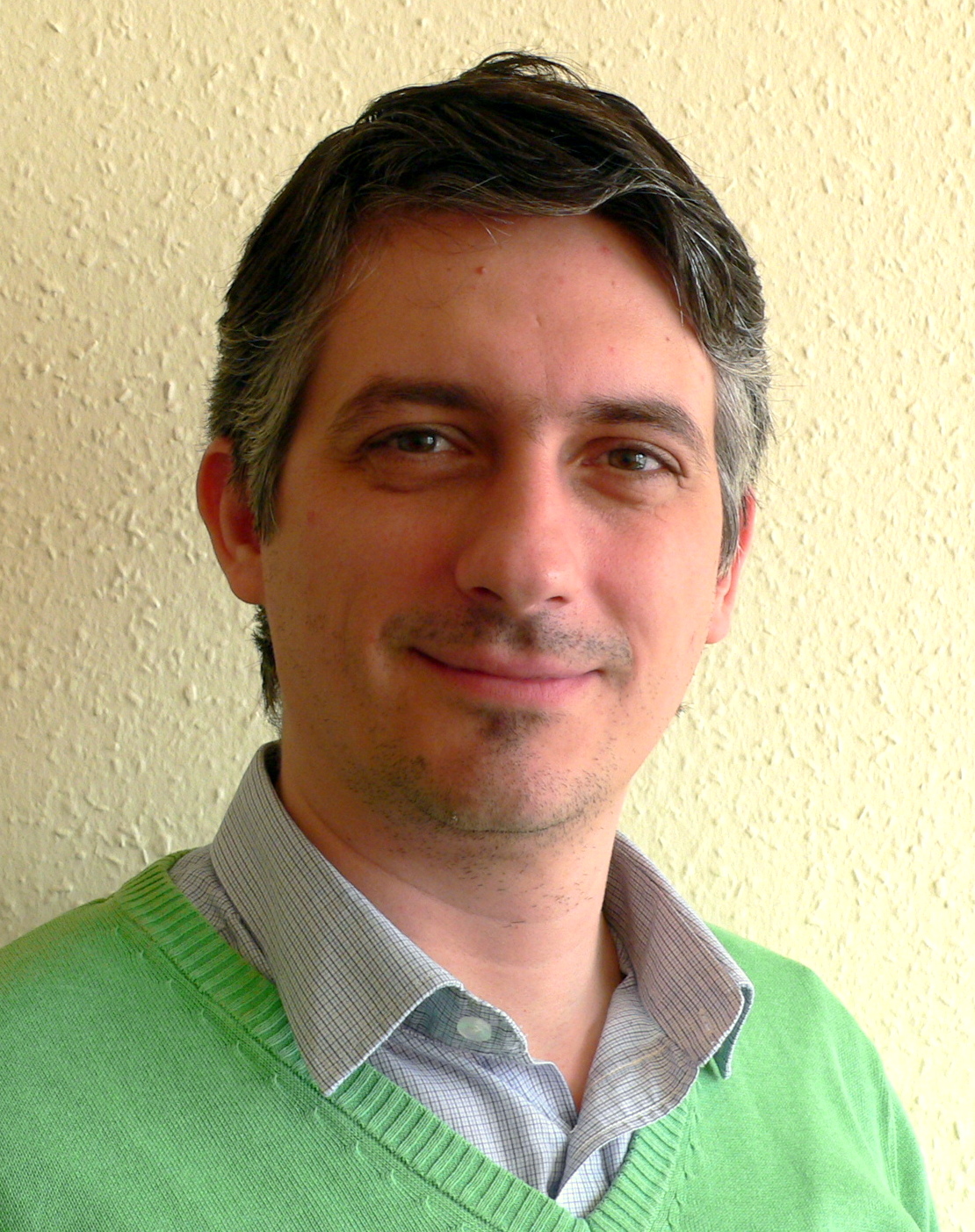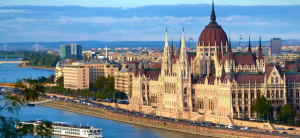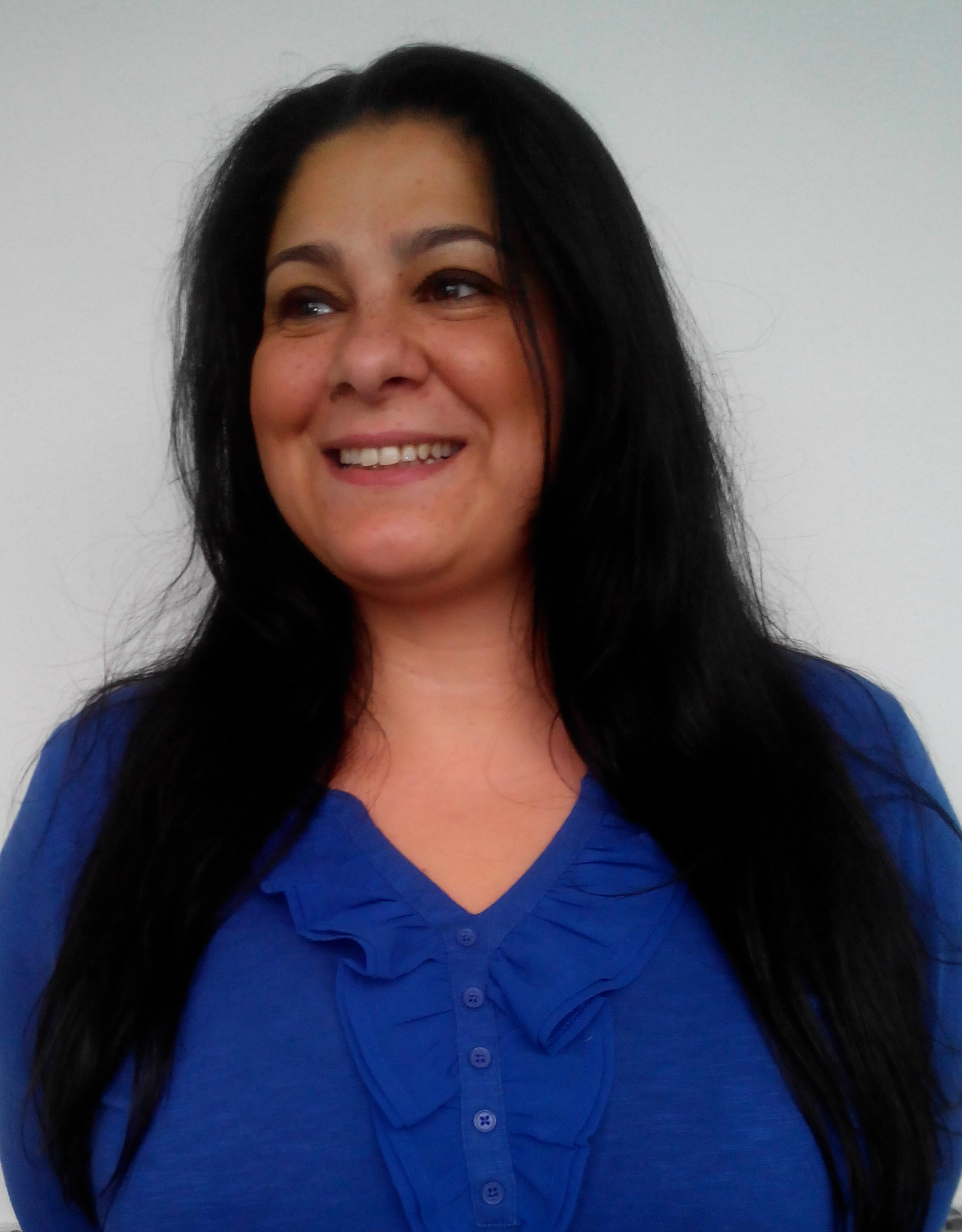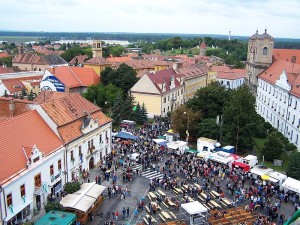Posts
Open Call for Applicants – Deadline 15th April
/in News /by adminWe invite professionals from any region of Bulgaria, Hungary, Romania, and Slovakia to apply for participation in a 42-day fellowship in the U.S.A in the Fall 2017.
Agnes Molnar – fellow from Hungary
/in Fall Delegates /by admin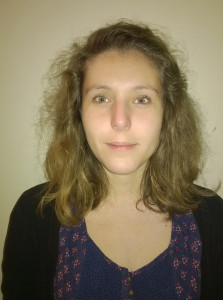 Agnes Molnar is working as a youth leader and charge d’affaires at the Opera Cultural Association for 5 years as a volunteer, and for 1 week as an employee. She is managing projects, writing applications, coordinating volunteers, and organizing events here. The Opera Cultural Association ( the name stands for the latin word: opera, that means operating) is a youth organization, the main aim is to provide democratical tools and western perspective for youngsters through advocacy, communication and art. She maintains the on-going civic initiatives in the organization and keep the cooperation between local, informal groups and the Opera.
Agnes Molnar is working as a youth leader and charge d’affaires at the Opera Cultural Association for 5 years as a volunteer, and for 1 week as an employee. She is managing projects, writing applications, coordinating volunteers, and organizing events here. The Opera Cultural Association ( the name stands for the latin word: opera, that means operating) is a youth organization, the main aim is to provide democratical tools and western perspective for youngsters through advocacy, communication and art. She maintains the on-going civic initiatives in the organization and keep the cooperation between local, informal groups and the Opera.
Previously she worked as an international coordinator at the National KID Association for 1,5 year. Her tasks included writing applications for grants, contacting with other european partners and informing member organizations about the international possibilities within the National KID Association (KID stands for Komplex, Integrated, Differenciated an it is an umbrella association).
Ms Molnar has been part of many initations in Debrecen, as a native of the city, she just started to support unemployed, alternative-thinking people to implement their projects through the Opera Association. She started to organize skateboarders for the issue: having a skatepark. She also started to work with blind and visually impared people for integration, she was part of the procceed of involving local groups to the online radio (Opera- owned Sub Radio)for starting radio shows in locally useful topics they’re specialized in.
She met community organizing 1 year ago with 3 others from the Opera through the Civil College Foundation. They participated on the trainings and after they started to develop the organization structurally. Now, she is the leader of the civic workgroup where the main aim is to create a local community. It contains people who has visions about the city of Debrecen, which is different from the majority’s. These partners are mainly part of a subcultural group and they suffer from social justice problems just because they have different thoughts about democracy than the present major ideology of the government. She thinks that the young people of the middle-class are sliding down, socially and economically. They marked and prejudiced by outfit, taste and social position not by their values or knowledge. She observed that Hungarian people are not opened for „the other”, racism, intolerance and inequality are common phenomens in the everyday life. The Opera try to ensure people that a different life is not a crime, just another way. In Hungary it is a real problem and community organizing is one of the ways to solve it.
She has been on different youth seminars in France and in Austria. She has participated in several developer trainings, like communication, conflict, sustainability etc. At the National KID Association and Opera Cultural Association she also gained experience in organizing trainings and assissted in the creation of the materials. She present her organization on every national or local youth event as a participant or an organizer too. She has contacts for local organizations, decisionmakers, media people,university people, multi firms,informal groups and art groups in the city of Debrecen.
She graduated as an aesthetician , MA degree, Faculty of Humanities in Debrecen. She researched the local subcultural groups, places and cultural developement of Debrecen from the 60’s. Her thesis will be the base of an exhibition in the Rock Museum of Debrecen. She also plans to explore the present status of these groups theoretically.
Ms Molnar speaks English fluently, and French advanced. She has been 5 times in the USA, first time as a folk dancer with a group, but the last 4 times were about visiting her mother, who is now living in the USA as a citizen. Ms Molnar got several times the offer to move out, but she was more intented to work with community in Hungary. After the community organizing trainings and meetings with the american professionals she has the belief that this method is the most suitable for the activities of the Opera, projects and mentality. She would like to use the method at the Opera Cultural Association.
In her free time she loves travelling, making valuable friendships and thinking about projects. If she has no tasks to do she mostly writes articles about local events, things to the website of the Opera (www.sub.hu) She has no free time, but if it happens she is mainly with her 7 -year -old little sister. Agnes will have her internship at Go Bronzville (Chicago)
Anett Csordas – fellow from Hungary
/in Fall Delegates /by admin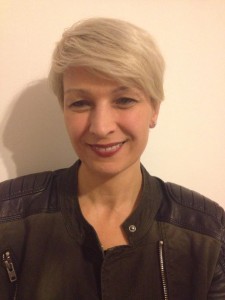 Ms Csordás is working as a voluntary director of her own association, called “Lépjünk, hogy léphessenek!” Non-profit Association. The association supports children, affected by celebral palsy and their families in the first place. It organizes courses and trainings for parents in several places throughout the country, in order to create self-helping communities, close to their residence that can do advocacy activities to help in the formation of an appropriate supply system not just in their region but in the whole country. Last year as a result of their successful community work a new surgery method could be brought to Hungary in a very short time that was only available in the United States. In addition the association cooperates with other organisations in order to help in the creation of a better health care system to make their life easier for those families who have to nurse their handicapped children at home because of the lack of the adequate institutional care. Moreover because of a bigger part of these families live under the bare necessities. What makes the association special is that it was founded and operated by affected parents in the country. The association organized several actions and demonstrations to put these problems into focus.
Ms Csordás is working as a voluntary director of her own association, called “Lépjünk, hogy léphessenek!” Non-profit Association. The association supports children, affected by celebral palsy and their families in the first place. It organizes courses and trainings for parents in several places throughout the country, in order to create self-helping communities, close to their residence that can do advocacy activities to help in the formation of an appropriate supply system not just in their region but in the whole country. Last year as a result of their successful community work a new surgery method could be brought to Hungary in a very short time that was only available in the United States. In addition the association cooperates with other organisations in order to help in the creation of a better health care system to make their life easier for those families who have to nurse their handicapped children at home because of the lack of the adequate institutional care. Moreover because of a bigger part of these families live under the bare necessities. What makes the association special is that it was founded and operated by affected parents in the country. The association organized several actions and demonstrations to put these problems into focus.
 Ms Csordás was among the organizers of Rehab Critical Mass which was held in Hungary at the first time in 2014. This movement represents the social equality of disabled and handicapped people and attracts attention to their difficult situation.
Ms Csordás was among the organizers of Rehab Critical Mass which was held in Hungary at the first time in 2014. This movement represents the social equality of disabled and handicapped people and attracts attention to their difficult situation.
Ms Csordás graduated as a Hungarian Cultural Manager(1995) and Director of Education( 1999) in Juhász Gyula Teacher Training College at Szeged. In 2000 she earned the title of Director of Drama Playing at The Hungarian Drama and Theatre in Education Association and in 2004 she earned the degree as a Specialist in drama playing at the University of Theatre and Film Arts.
Until 2005 Ms Csordás had been working on the field of drama pedagogy and Director of a Basic Art School, however, with the birth of her handicapped son she turned her interest towards social and handicapped issues. Experienced the difficult life of a family, raising a disabled child, encouraged her with several others with the same status, to found her association to make this situation better.
This is her first opportunity to visit the United States with this exchange program. Ms Csordás would like to get known succesfull organisations dealing with the situation of handicapped people. Gain experience in community organisation and learn how to achieve goals and aims that an organizations has planned itself before.
As an actual plan she is designing to found an inclusive school in Hungary and a rehabilitaion center where people afftected by celebral palsy in any age from 0 to 99, can receive supplies and support even if their financial status would not let them take part in it.
Ms Csordás is a mother of a special boy and a 21 year old girl who is attending to university. In her free time she likes visiting theatre and travelling or leading her own cooking school. Anett will have her internship at Access Living Chicago
Monika Balint – fellow from Hungary
/in Fall Delegates /by admin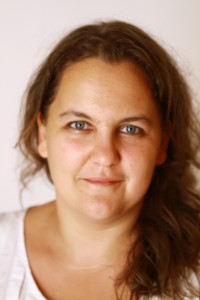 Monika Bálint is a sociologist and social activist. Community research and community work have been in the center of her interest for the past ten years. She has been developing participatory and community artworks in Hungary and in other European countries. She is going to defend her Ph.D thesis in social communication this year. Also she has experience in making participatory action research.
Monika Bálint is a sociologist and social activist. Community research and community work have been in the center of her interest for the past ten years. She has been developing participatory and community artworks in Hungary and in other European countries. She is going to defend her Ph.D thesis in social communication this year. Also she has experience in making participatory action research.
Monika started to work as a community organizer in September 2014, with the Workfare Movement for the Future group. The main goal of the group is to represent the interests of the workfare workers (called public workers in Hungarian). Members of the group are workfare workers themselves. They want to be treated as any other worker, with all those rights and entitlements that the national law on work provides to ordinary workers. They meet regularly in work groups, hold different public events, demonstrations, presentations, media events, informal hearings, fundraising events and so forth. They operate mainly in Budapest, but they have a growing number of activists and alliances with other non profit organisations all over the country. It is a crucial goal for the group to be able to grow both on local level and through its contacts on national level.
Let us have a look at the requirements needed for 10 Best Laptops for Gaming to buy 2017 10 Best Laptops for Gaming
The most active members and leaders of the group have been man, one of the challenges for the organizer is to raise the number of women and also people of Roma origin in the group, so that they get equal representation.
Monika lives in the VIII. district of Budapest, which has become the geographical field of her work and research since 2006. Most of the members of the Workfare Movement for the Future Group also live in this part of Budapest, and the meeting place of the group is also based here. She has a wide range of connections with local non-governmental and also governmental organisations.
As a project manager she led the project Magdi between 2008 and 2010 as a member of ZöFi – Hungarian Young Greens, developing dozens of programs for the local community in the Magdolna Quarter of the district (winning a SocialMarie – social innovation prize in 2010). She has developed strong skills in areas where organizing, non-profit management and excellent interpersonal communication are required. She also took leading position in organizing the network of the local civil organizations, to develop action plans for the Magdolna Quarter and the Civil Strategy of the district.
As a local inhabitant she does voluntary work for local NGO’s like the Nap Club Foundation, and with her family is a member of the Leonardo community garden. She is also doing voluntary work for the Social Innovation Foundation. She has one daughter. Monika will have her internship at Service Employees International Union (Chicago).
Tamás Szenttamási – fellow from Hungary
/in Fall Delegates /by admin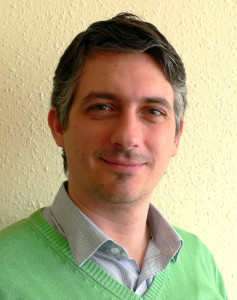 István Tamás Szenttamási is working as a regional social cooperative adviser at the National Employment Public Non-profit Ltd. He is responsible for supporting social cooperatives with consultancy in North-Eastern Hungary, and he plays an important role in building and sustaining social economy in several undeserved and minority communities in one of the most disadvantaged and depressed regions of Hungary
István Tamás Szenttamási is working as a regional social cooperative adviser at the National Employment Public Non-profit Ltd. He is responsible for supporting social cooperatives with consultancy in North-Eastern Hungary, and he plays an important role in building and sustaining social economy in several undeserved and minority communities in one of the most disadvantaged and depressed regions of Hungary
Formerly he had been working as a project manager at the Miskolc Gallery and Municipal Museum of Fine Arts in Miskolc. He was responsible for several, EU funded talent improvement and training projects. The main goal of these projects was to fight against the extremely high unemployment and emigration rate of the region through training young people, supporting their plans related to further education or employment, and through strengthening creative industries and the local identity in the city.
Tamás has been working with minority groups, mainly with the Roma, for many years. He studied cultural anthropology (MA), pedagogy (MA) and philosophy (MA) at the University of Miskolc, where he participated in several research projects aiming to discover the problems of the Roma minority and other disadvantaged communities of the region. Tamás also participated in a one-semester-long applied anthropology training in Granada, Spain that made him completely committed to his profession. He was graduated from the Faculty of Arts of the University of Miskolc in 2008.
In the same year he started to work at the Borsod-Abaúj-Zemplén County Institution of Pedagogy, Education and Culture, where he gained remarkable project management and leadership experiences. He had been working in several EU funded social development projects aiming to help disadvantaged and minority communities by providing them trainings on community enterprises, community work, local tourism and hospitality, local heritage conservation etc. He also had been responsible for cross-border cultural cooperation projects at the institution.
Tamás changed his working place in 2011 when he joined the Kék Vonal (Blue Line) Child Crisis Foundation. As a project manager he was responsible for launching and running the Kék Vonal Computer Clubhouse of Miskolc in the Avas district, one of the most underserved neighborhoods of the city. The clubhouse was opened and operated as the first Hungarian member of the Intel Computer Clubhouse Network. As the leader of the clubhouse Tamás acquired his first experiences about community work and community organizing, that made him committed to community issues.
For this reason Mr. Szenttamási does volunteer work in two civic organizations, the North-Eastern Passage Association and the Living Land Social Cooperative. Both organization support community based grassroots initiations, like social cooperatives or social enterprises, since the disadvantaged groups and neighborhoods of the region can hardly count on external help from the local or national government.
Mr. Szenttamási has great expectations related to this program, which will be his first trip to the USA. He would like to learn more about the methods of community organizing in peripheral minority communities, since he believes that it can increase the effectiveness of his daily job and volunteer activity. He also would like to have many experiences about the operation of community based enterprises and social economy in the USA, which might be applicable models in Hungary.
Tamás is a proud father of two children. He loves to be with his family when he is out of work. In his spare time Tamás likes learning foreign languages. He is fluent in English and a basic user of Spanish. Tamás also likes reading, fishing, cycling, hiking and camping and almost everything what one can do in the nature. Tamás will have his internship at Michigan United (Detroit).
Zuzana Balazova – fellow from Slovakia
/in Fall Delegates /by admin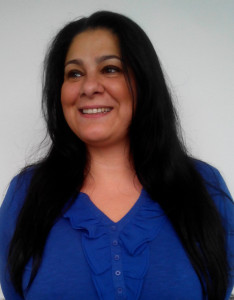 Zuzana Balazova received her master’s degree in social work at the University of Constantine the Philosopher in Nitra in 2006. She is currently a PhD. candidate at the University of St. Elisabeth in Bratislava.
Zuzana Balazova received her master’s degree in social work at the University of Constantine the Philosopher in Nitra in 2006. She is currently a PhD. candidate at the University of St. Elisabeth in Bratislava.
In 2001 – 2003 she started to work as teacher in primary school in Skalica. She was first Romani teacher in the town. She was teaching German language and History. In 2006 she was participated in political leadership program of National Democratic Institute. With other program graduates she founded the Roma Public Policy Institute (RPPI), which promotes policy solutions in such critical areas as education and housing issues. As a member of the New Roma Generation NGO she participated in drafting proposals of state minority policies (2006). In 2007-2008 she worked for Milan Šimečka Foundation who was at the time monitoring how the Slovak government was fulfilling its program of Roma integration. In 2009, Zuzana started working with People in Need Slovakia on the project concerned with employment of Roma from social marginalized settlements. In 2011 – 2015, she cooperated with Centre for the research of ethnicity and culture (CVEK) an independet research institute dealing with the minority issues and human rights in Slovakia.
Particularly, she was involved as Junior Research Fellow on projects concerned with inclusive education of Romani children, housing policy in Romani marginalized settlements and introducing affirmative action targeting Roma high-school and university students. In 2014 she was doing a research about secondary schools based near Romani marginalized settlements. Currently, she is working as social worker in primary school and she is implementing an inclusive education program. This program started in September 2014 and will end in June 2015.
In 2014 Zuzana founded with other friends non-profit organization called Roma advocacy and research centre (RAVS) in Skalica. She is chairwoman of RAVS and most of the projects issues are focused on the work in Roma community. The main aim of RAVS activities is to improve quolity of life in Romani settlements and to engage Roma from this settlements in the public life in the town. Therefore, Ms. Balazova could benefit from the GLC training later on, she can use all learned skills in the work in RAVS.
Ms. Balazova would like to work with Romani communities, especially with youth and women. She would like to educate next Romani generation how to exclude from poverty and to became equal partner for majority in Slovak society. She wants to be positive role model for youth and she likes help. She has very strong empathy, organizational skills and flexible mind.
She has been in United States as Roma delegate from Slovakia in ACYPL program in 2012.
In her free time, Ms. Balazova loves to learn and read books, walking around with her dog and spending time with her family. Zuzana will have her internship at Chicago Coalition for the Homeless (Chicago)
INFO
The GLC Professional Fellows Program brings emerging leaders from around the world to the United States for intensive short-term fellowships designed to broaden their professional expertise.
GLCAP in Fremont, Ohio
Great Lakes Community Action Partnership (GLCAP)
127 S. Front Street
Fremont, Ohio 43420
1-800-775-9767
Funding
The GLC/GLCAP Professional Fellows Program is supported by the U.S. Department of State, Bureau of the Educational and Cultural Affairs, Global Leaders Division.
Archive
- March 2024
- September 2023
- August 2023
- May 2023
- April 2023
- March 2023
- January 2023
- December 2022
- November 2022
- October 2022
- September 2022
- June 2022
- May 2022
- March 2022
- February 2022
- November 2020
- February 2020
- November 2019
- September 2019
- May 2019
- March 2019
- November 2018
- September 2018
- February 2018
- December 2017
- October 2017
- June 2017
- April 2017
- February 2017
- November 2016
- October 2016
- January 2016
- November 2015
- October 2015
- September 2015
- June 2015
- April 2015
- March 2015
- January 2015
- October 2014
- August 2014
- February 2014
- December 2013
- November 2013
- October 2013
- September 2013
- August 2013
- June 2013
- May 2013
- April 2013
- March 2013
- February 2013
- January 2013
- November 2012
- October 2012
